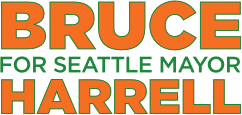About Bruce
Bruce’s Seattle Story is embedded in many of the issues our city faces today. His lived experience, record of public service, and commitment to unity show why he’s the right candidate to lead Seattle out of this moment of crisis and division – and into a better future.
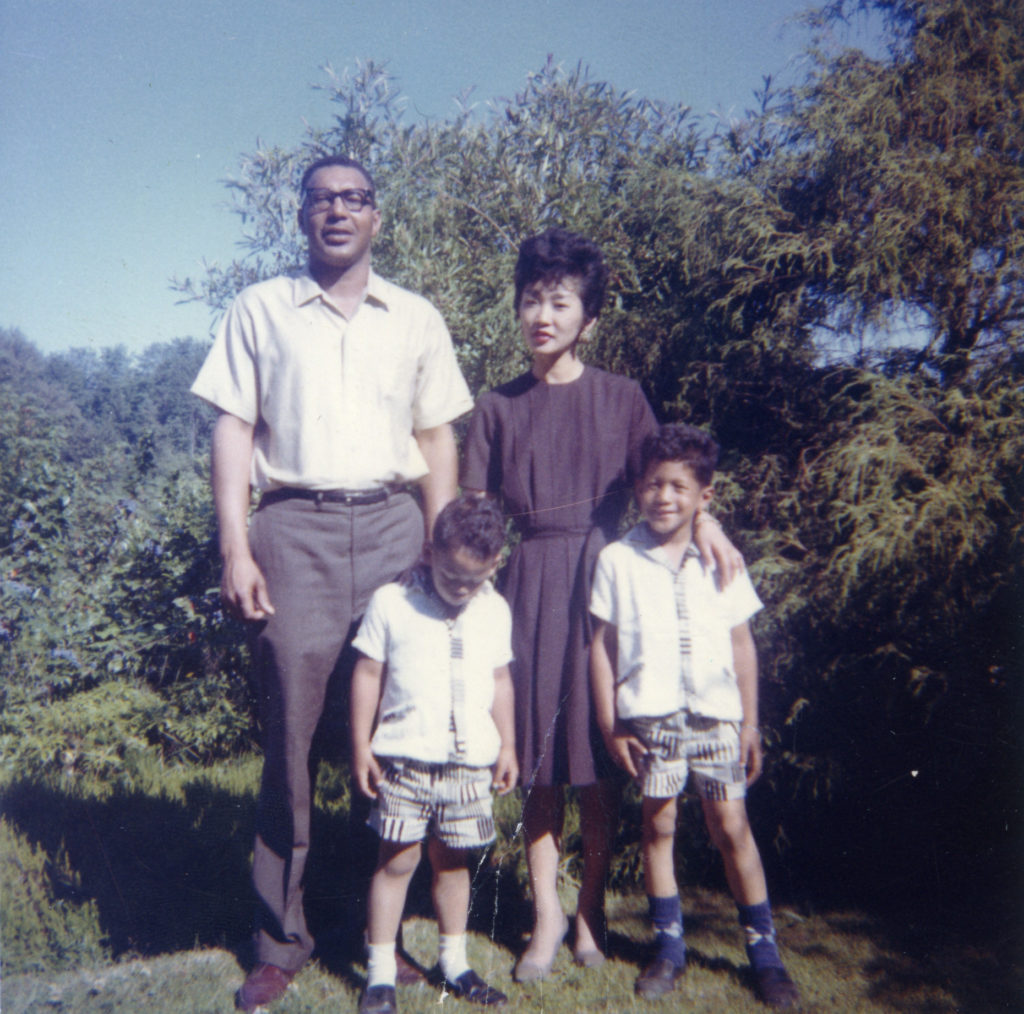
Bruce was raised in a redlined Central Area home, the son of a Black father and a Japanese mother, who raised him to respect not only where he came from, but also to believe in what was possible. (You can find Bruce on the left, fascinated with his shoes.)
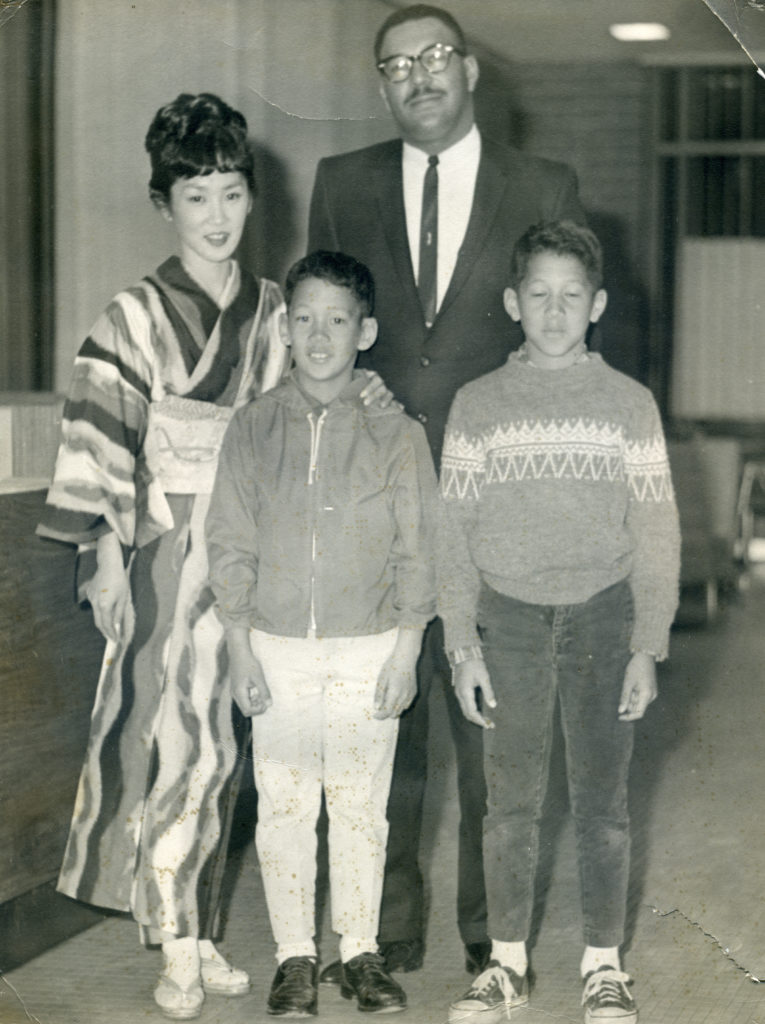
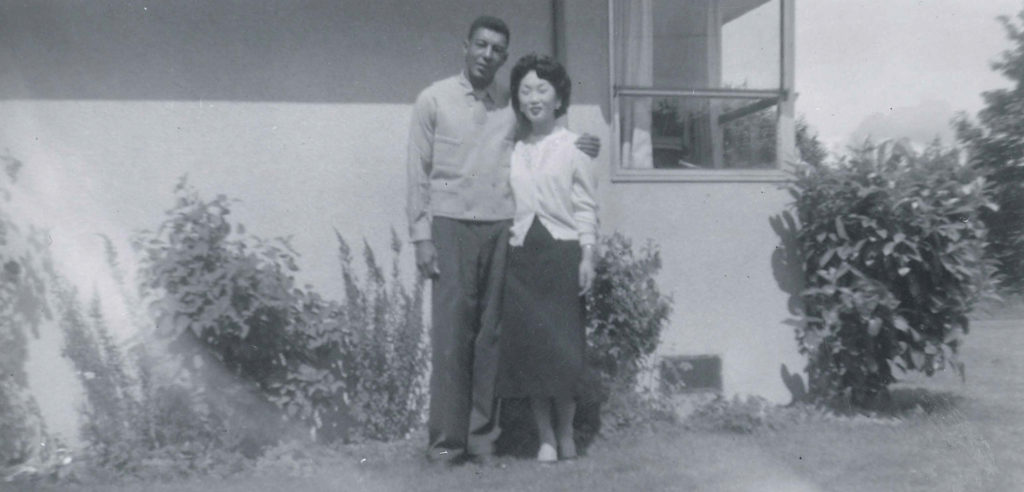
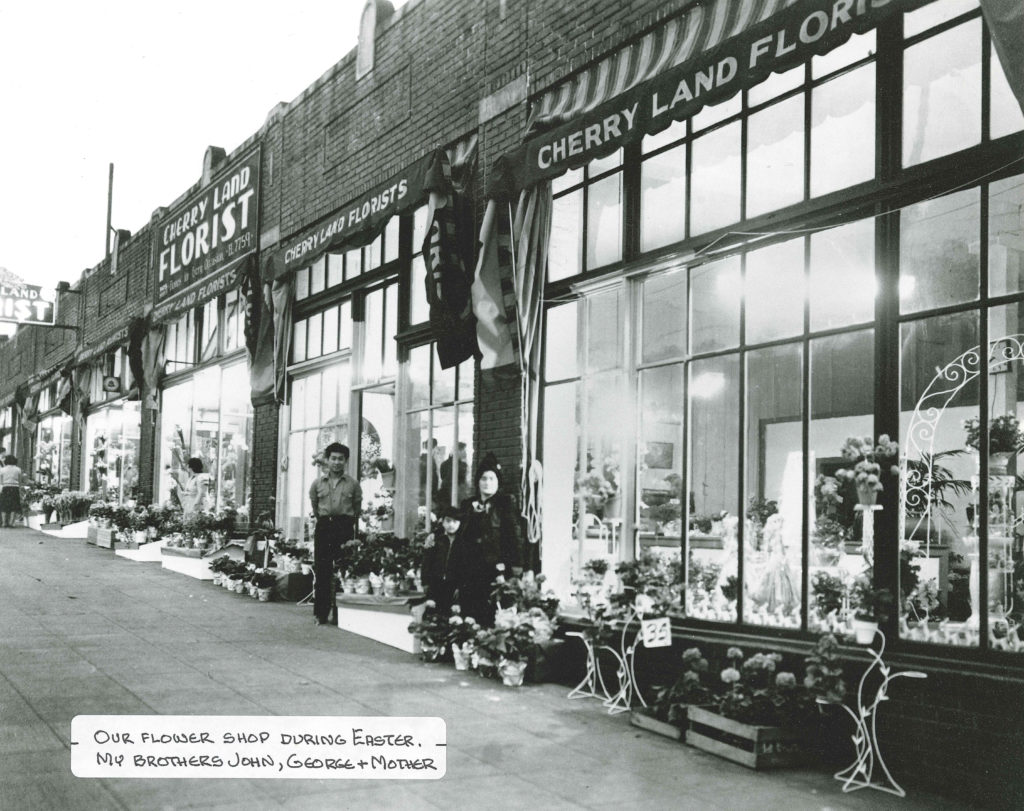
Bruce’s mom and her family suffered discrimination and internment during World War 2. Their property and small business in Capitol Hill were seized by the government, forcing them to rebuild and recover.
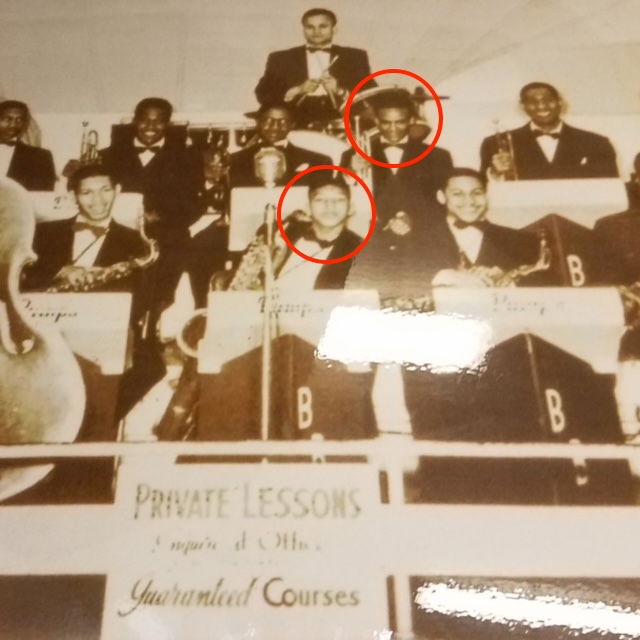
Bruce’s father’s family came here – like so many African Americans fleeing the Jim Crow laws of the South – to find meaningful economic opportunity. His dad found meaning – and friendship – in the Garfield High music program, performing with Quincy Jones, who later introduced him to Bruce’s mom.
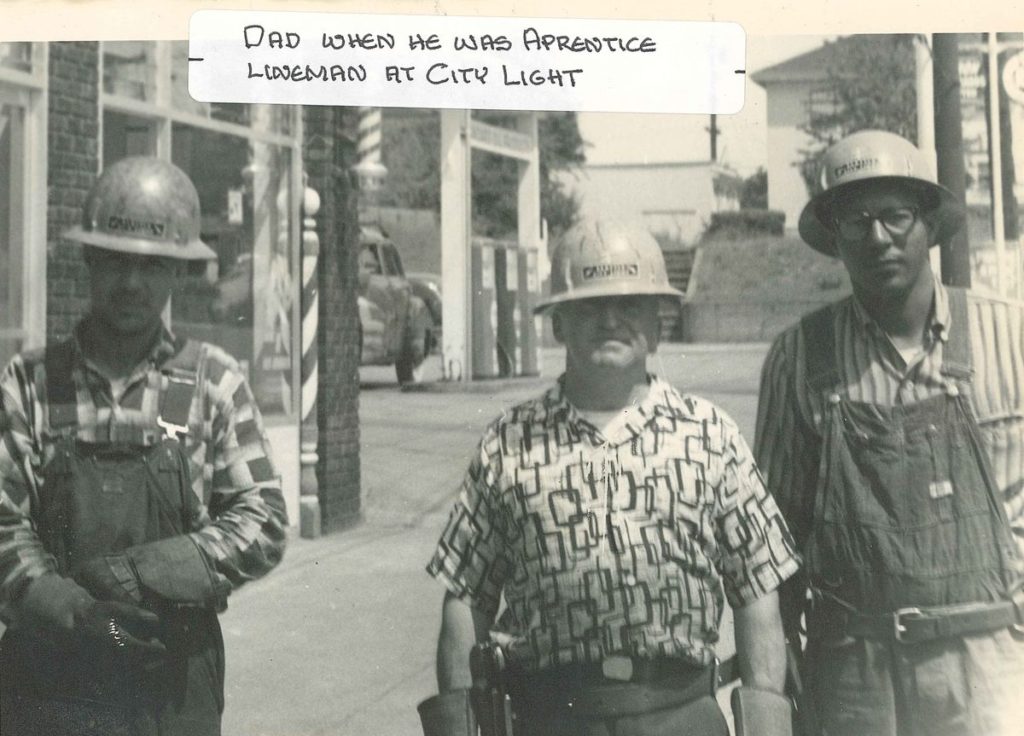
Bruce’s parents worked hard, dad a lifelong City Light employee and mom at the library.
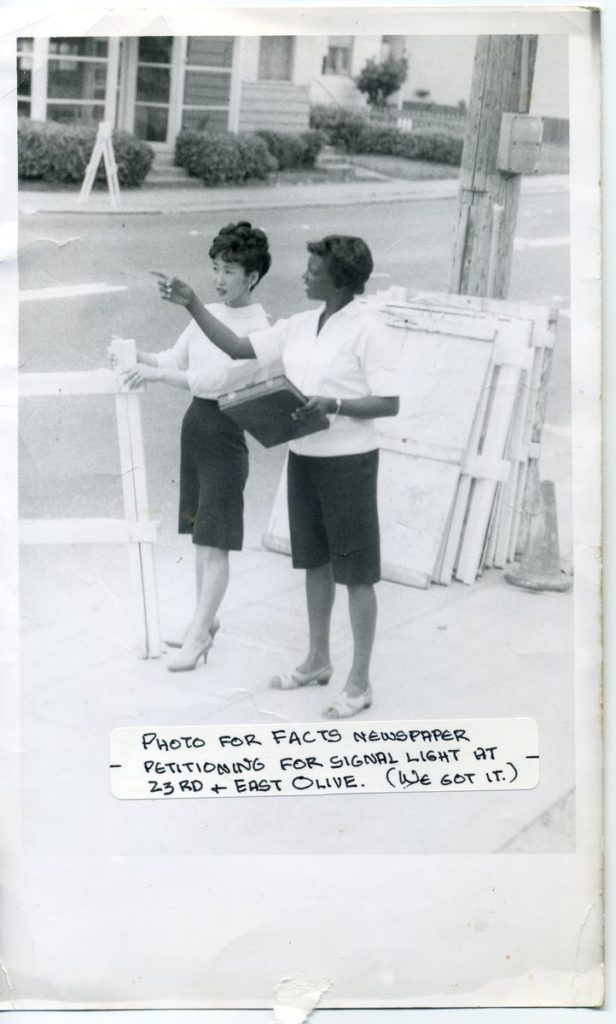
A civically active leader, Bruce’s mom taught him the importance of standing up for what’s right and fighting for your community.
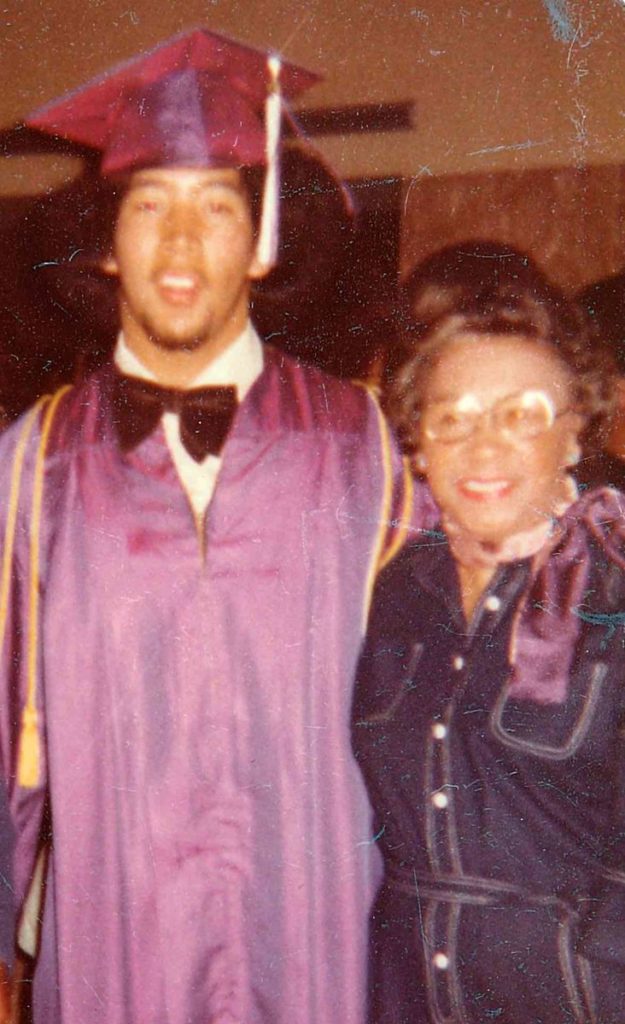
Bruce graduated valedictorian from Garfield High School, shown here with his grandmother Lillian Harrell, a registered nurse at Cabrini Hospital in Capitol Hill. He then went to the University of Washington on a football scholarship to play linebacker.
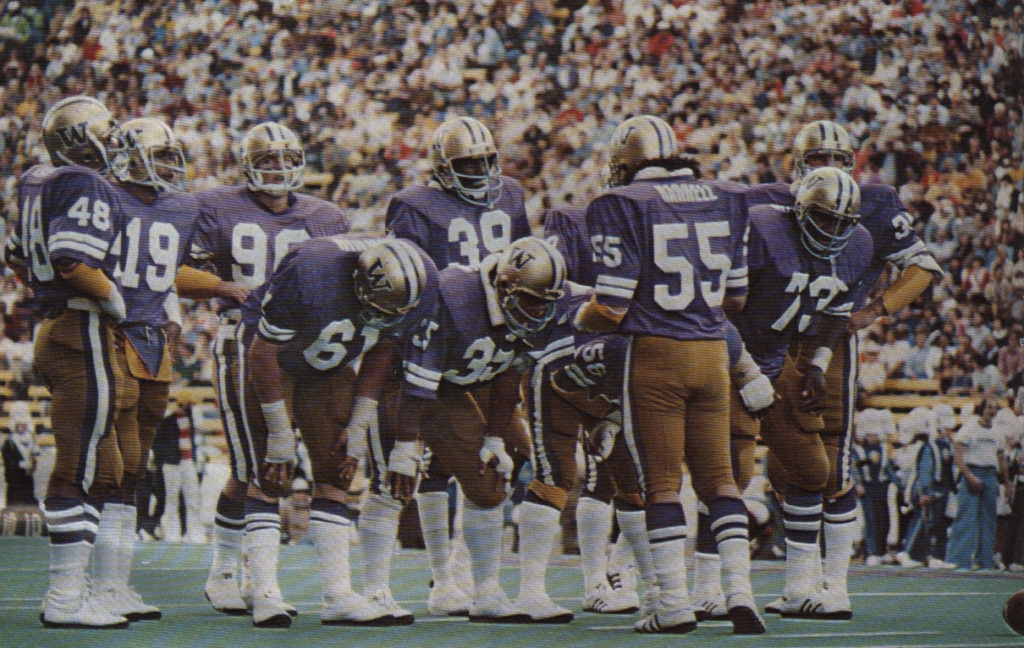
At UW, Bruce (#55) was a 1978 Rose Bowl champion and received the Most Valuable Defensive Player Award. Here he is calling the defensive plays as the Huskies defeated the No. 11 Texas Longhorns 14-7 in the Sun Bowl.
He also volunteered his time with UW’s Prisoner Counseling Program where he tutored inmates and graduated with a passion for advancing the rights and opportunities of those too often left behind.
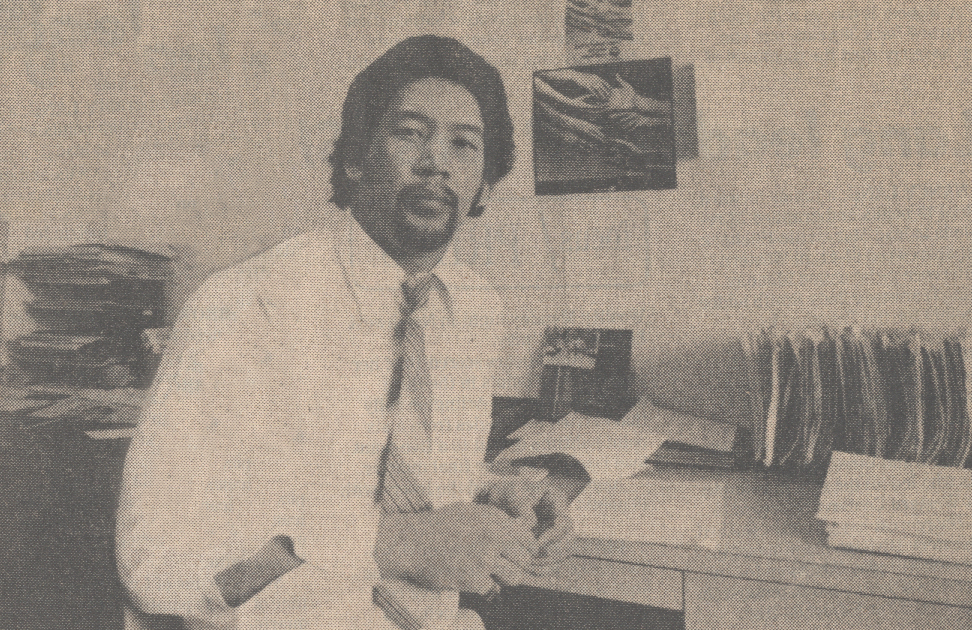
Bruce went on to law school and then worked in technology and telecommunications, later representing working people who experienced workplace discrimination and supporting small businesses pro bono, helping minority entrepreneurs pursue their dreams.
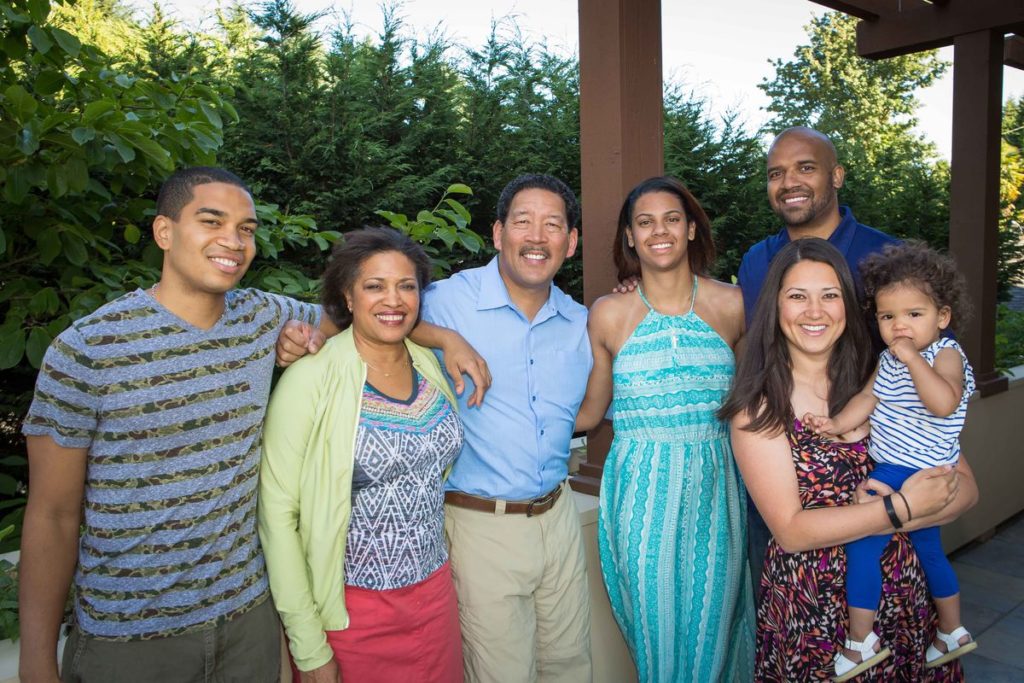
Bruce married his wife Joanne, and together they raised their three children here in Seattle. Bruce is now a proud grandfather.
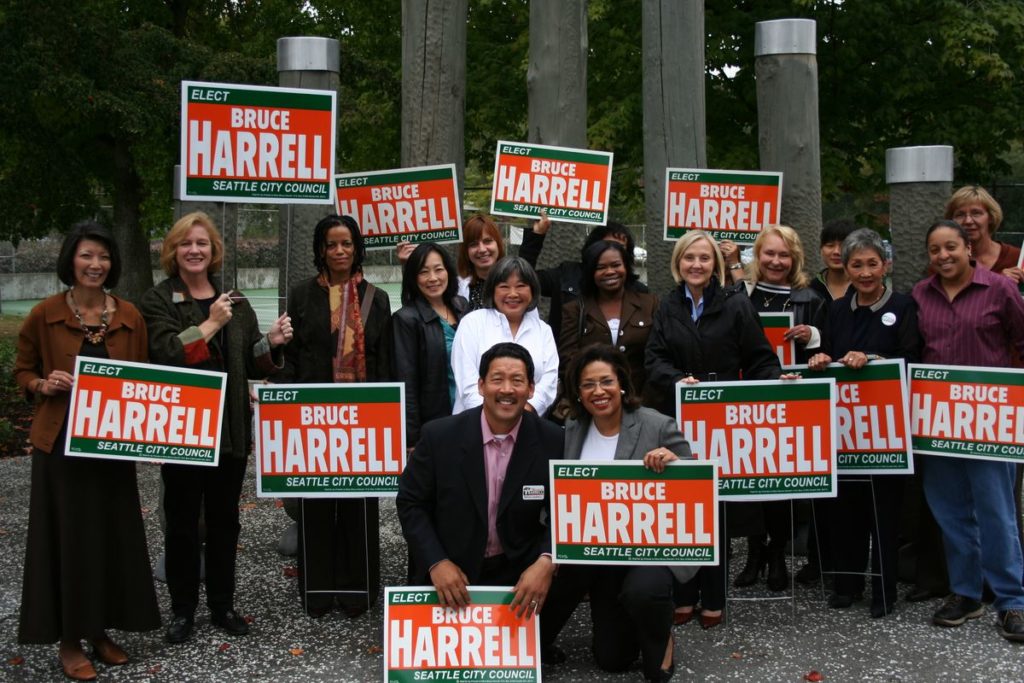
In 2007, Bruce ran for City Council, and was twice re-elected, serving both citywide and his home neighborhood in southeast Seattle.
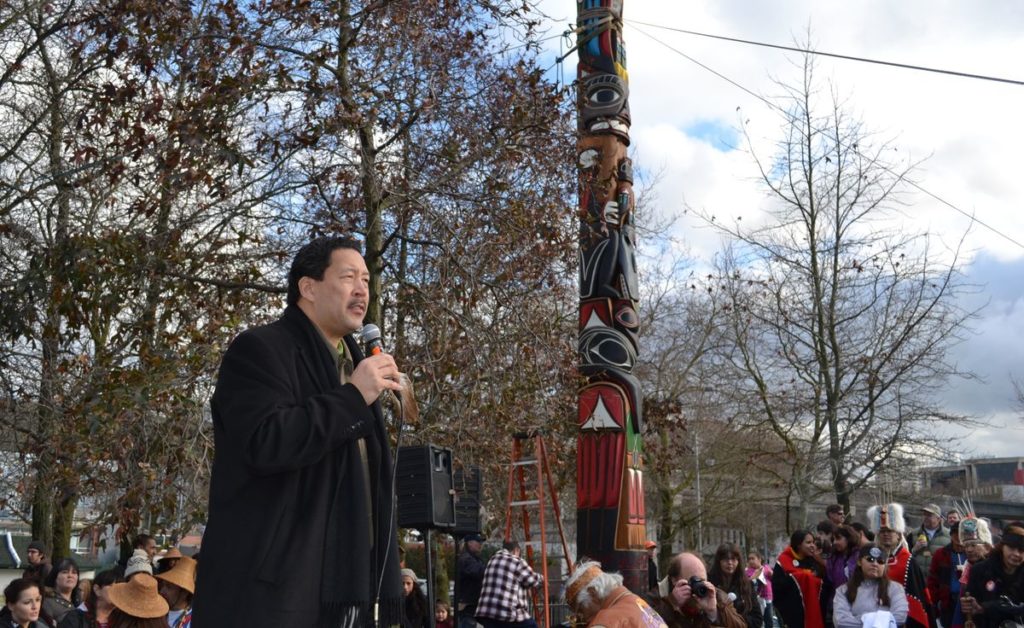
On Council, Bruce was an outspoken advocate for police accountability and a reform leader. He was the only councilmember to first meet with the family of Native woodcarver John T. Williams after he was killed by SPD, and the first elected representative to demand the use of body cameras.
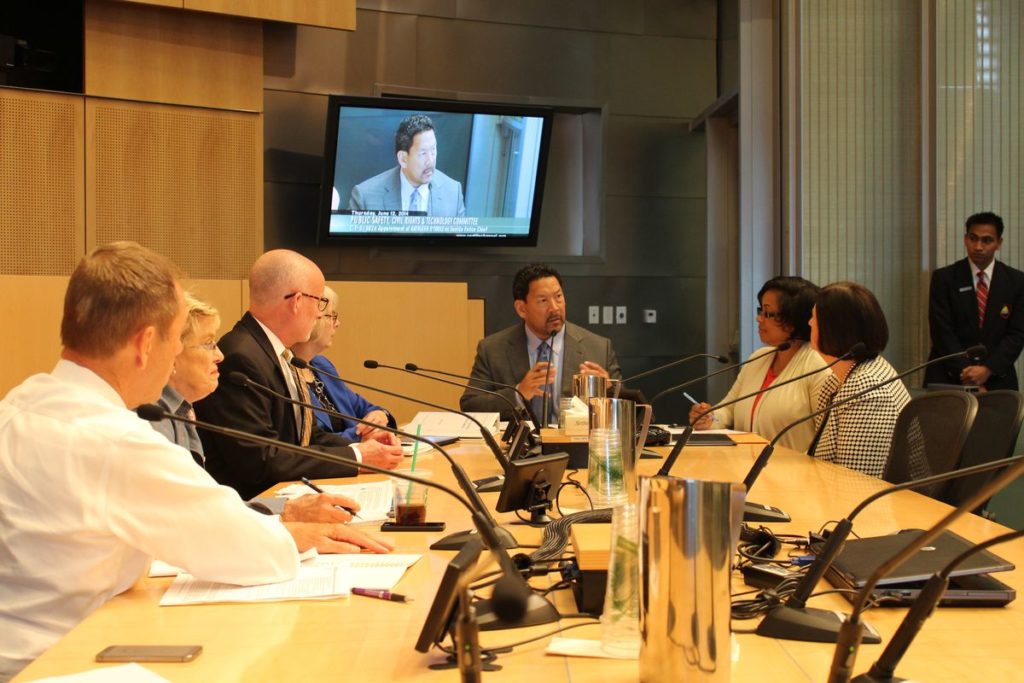
Drawing on his experience as a former tutor and attorney to the incarcerated – and because of his commitment to equity and opportunity – Bruce sponsored Seattle’s “ban the box” legislation to prevent discrimination in housing and employment for formerly prosecuted individuals.
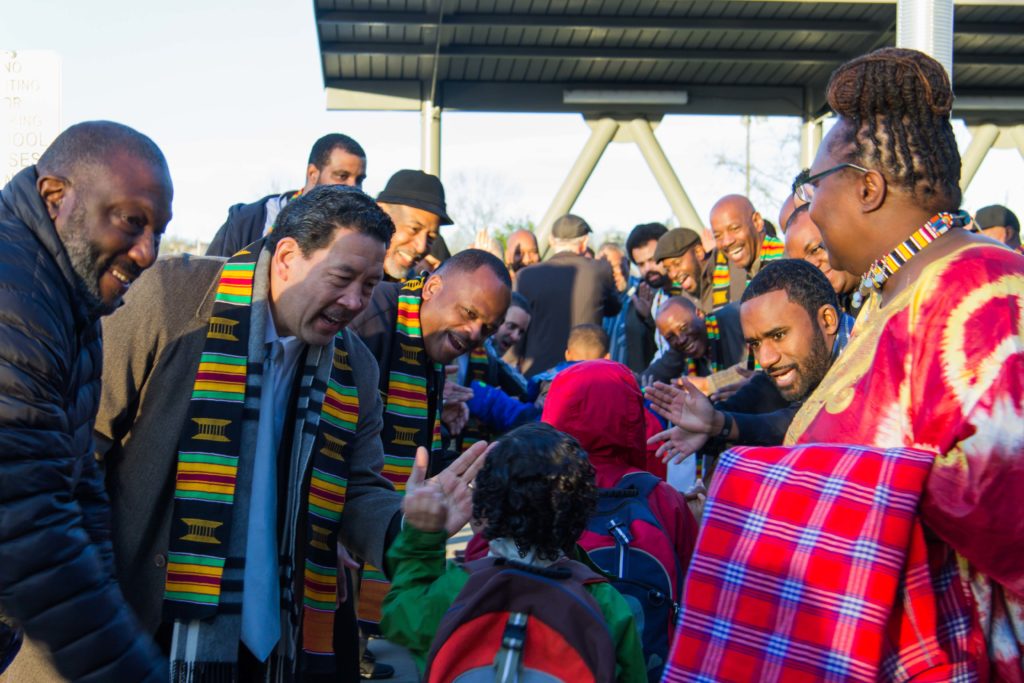
Bruce supported the $15 minimum wage and worked hard to address the structural inequities in our public schools.
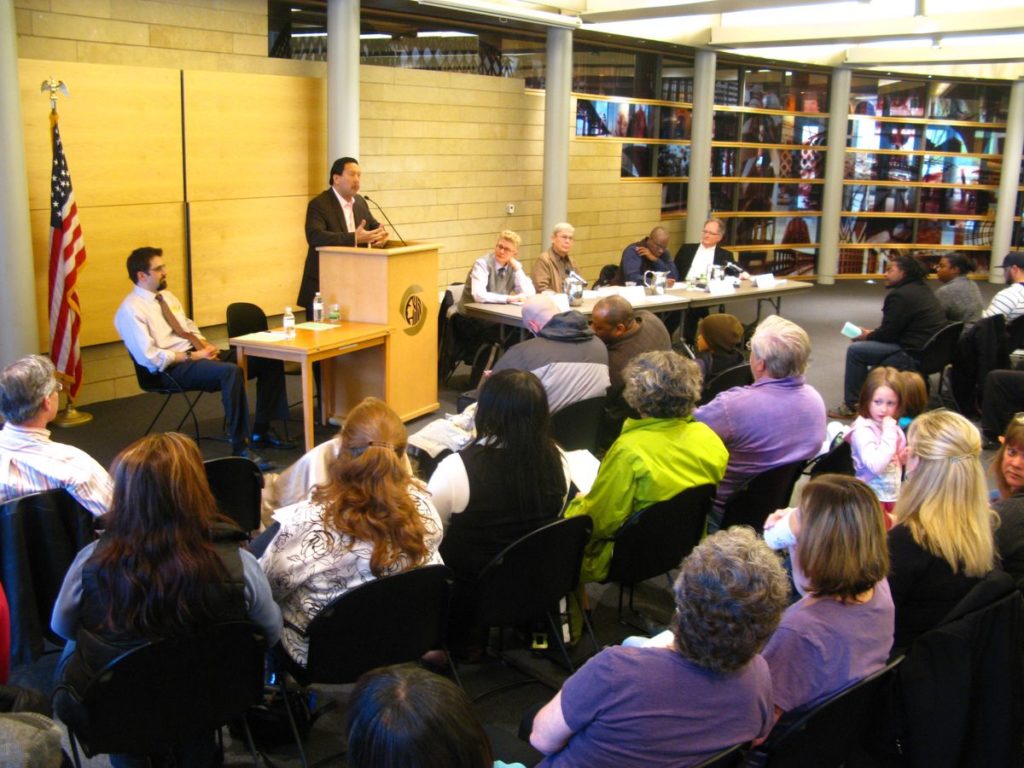
On the Council, Bruce worked with colleagues to bring service providers, non-profit housing leaders, and businesses together to dramatically expand affordable housing in Seattle and invest in shelter and services.
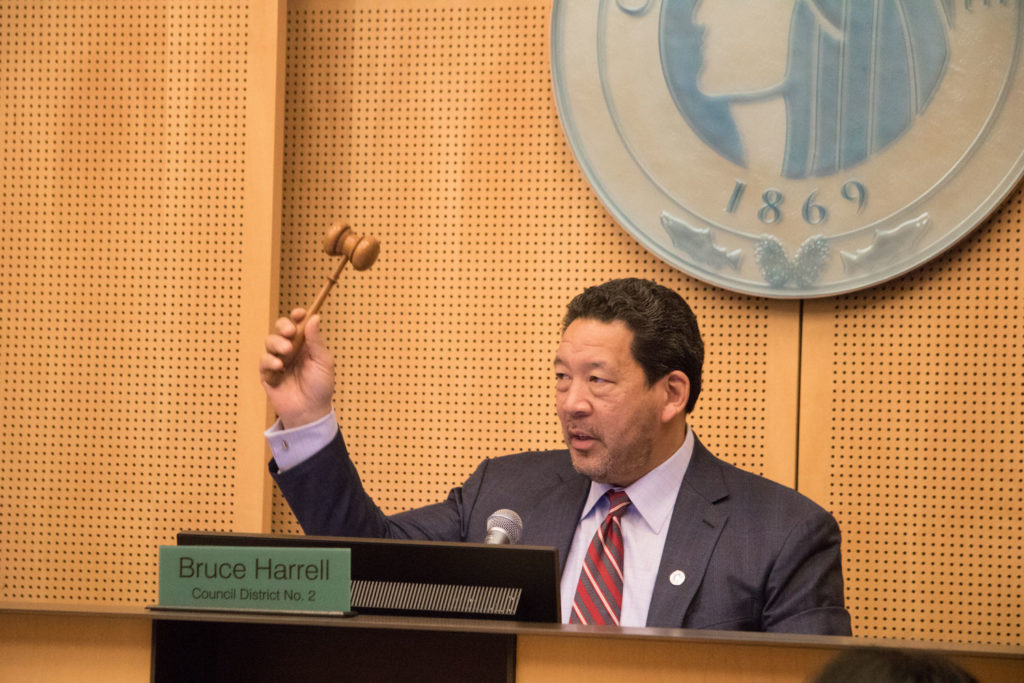
After retiring from the Council in 2019, Bruce returned to private practice to expand affordable housing for low income Seattleites; mentor small businesses and community groups; and continue his work improving access to education for all.
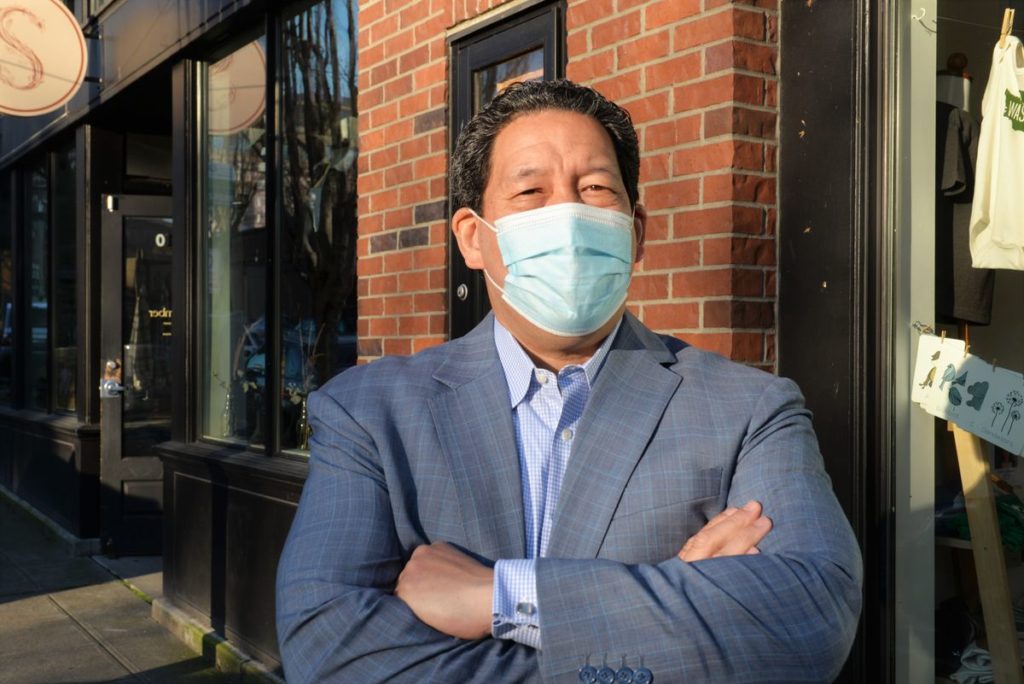
In 2020, Bruce was selected to lead the city’s COVID-19 Small Business Recovery Task Force, working alongside local business owners, community leaders, and other advocates to support small businesses and their workers, and help chart a path toward an equitable recovery.
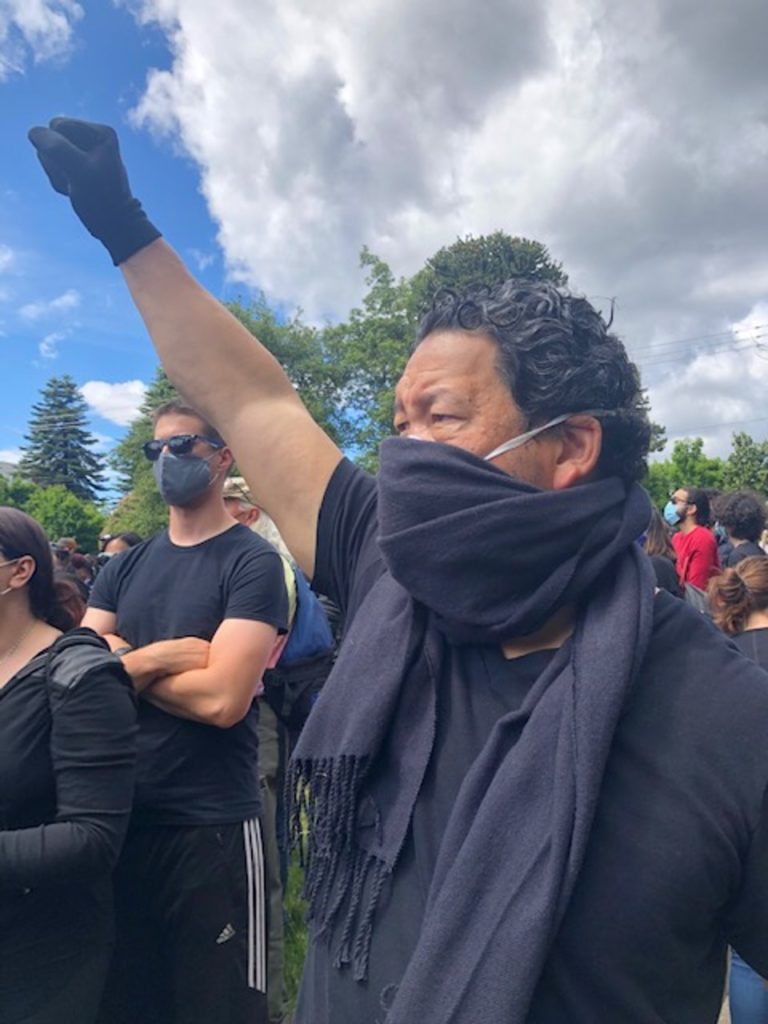
After the death of George Floyd, Bruce marched in the streets, joining neighbors in peaceful protest for change and justice. Community members treated all with respect and ensured all voices were heard without violence.
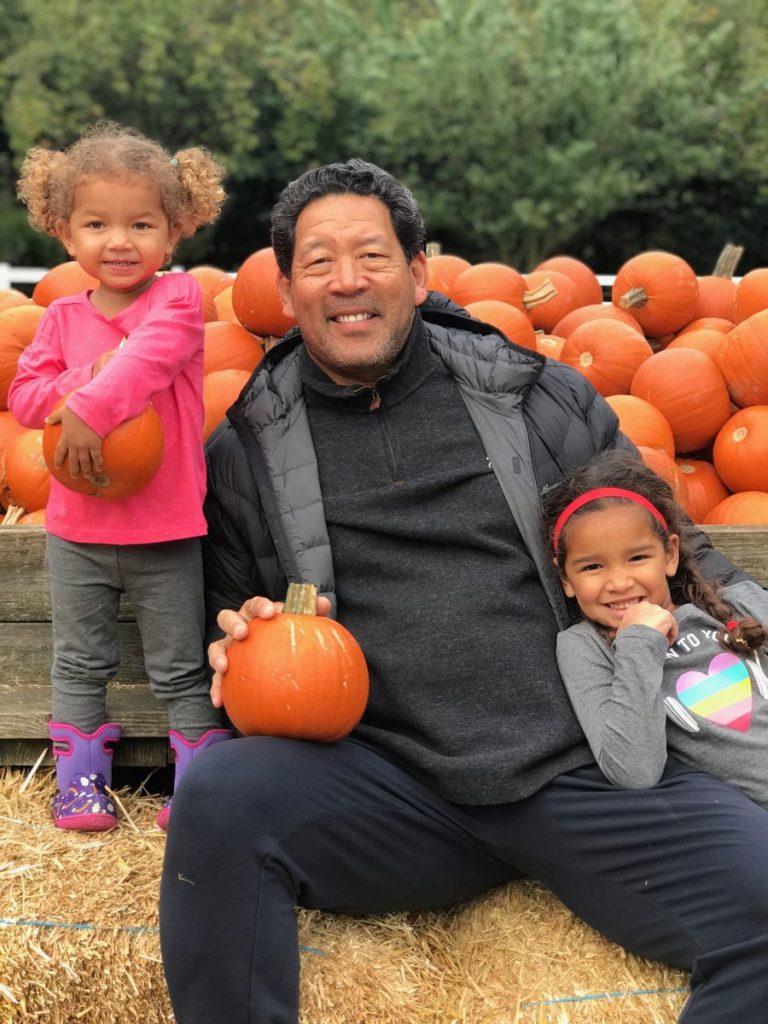
Now, Bruce is running for Mayor to bring his tried and tested leadership to take on the tough challenges Seattle faces today, continue serving the city he has always called home, and ensure the next generation of Seattleites has access to the same opportunities he was afforded.
In a moment of racial reckoning, a housing and homelessness crisis, and pandemic-driven economic downturn, we need a Mayor with the experience and skills to unite our city, heal divisions, and restore confidence in who we are, and what we can accomplish together.
